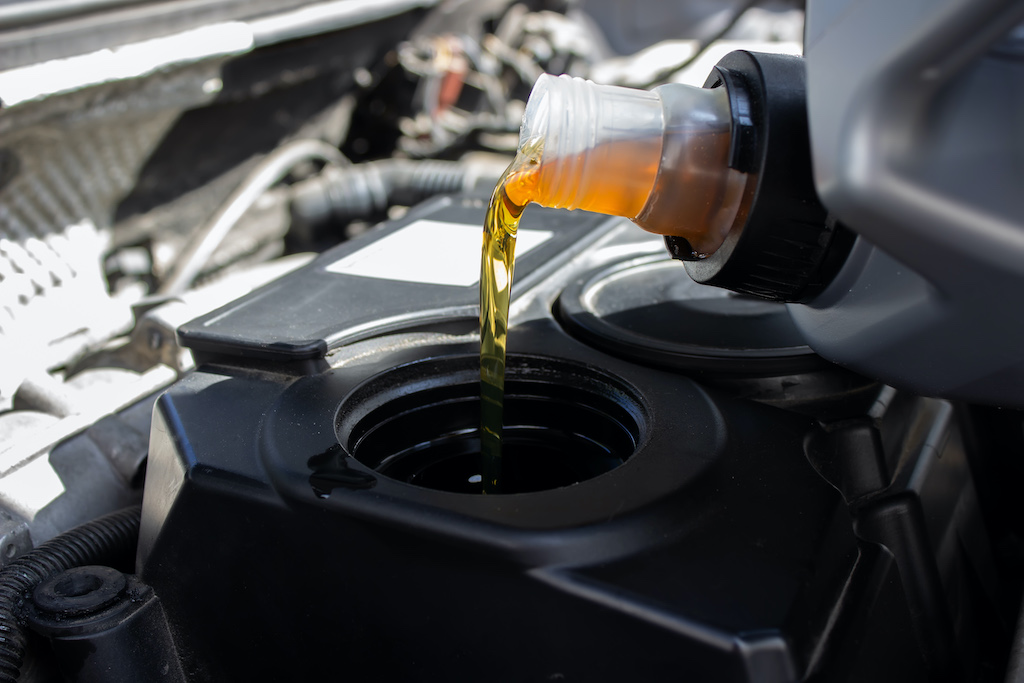Debunking Myths About Car Engine Oil Types
With so much misinformation circulating, it’s important to separate fact from fiction when it comes to choosing the right oil for your vehicle. Engine oil is an essential aspect of any car, as it helps in maintaining its performance, longevity and overall health.
However, there are many misconceptions about different oil types. This often leads many drivers to make uninformed decisions that could potentially harm their engines or wallets.
In this blog, we’ll talk about common myths surrounding conventional, synthetic and blended oils. We’ll explain what they’re made of, how they perform, and when they’re best to use.
With accurate information, you’ll be able to clear any doubts that you might have and make informed choices that keep your engine efficient and durable.
So, let’s sift through the misinformation and debunk myths about car engine oil types to ensure that your engine runs smoothly for miles to come!
Myth 1: All Synthetic Oils Are the Same
There’s a big misconception out there that all synthetic oils are the same. However, the truth is, they’re not. Synthetic oils come in all sorts of different types, each designed for the specific needs of different engines. While they’re all made in a lab, what goes into them, like the ingredients and additives, can vary.
Some synthetic oils are made for high-performance engines, so they can handle tough conditions and protect against wear and tear, even in extreme temperatures. Whereas others are more about improving fuel efficiency or being compatible with older cars.
Knowing these differences is essential when you’re picking out synthetic oil for your engine. It promotes the best performance and makes sure that your engine lasts a long time. That’s why, don’t fall for the idea that all synthetic oils are the same – they’re not, and understanding that can make a huge difference for your car.
Myth 2: You Must Use the Same Oil Brand for Every Change

There is a common belief that you have to stick to the same oil brand for every oil change. However, contrary to this myth, mixing different oil brands is perfectly safe and won’t harm your engine.
Modern engine oils usually follow industry standards to ensure that they’re compatible with various brands. What matters most is that you use the correct oil viscosity and meet the manufacturer’s specifications for your vehicle.
Experimenting with different brands is a good practice as it allows you to explore options that might offer better performance or value. This debunks the myth that you have to stay loyal to a single brand to keep your engine healthy.
Myth 3: More Expensive Oil Guarantees Better Performance
Another common misconception about car engine oil types is that buying expensive oil can guarantee superior engine performance. However, price doesn’t always correlate with quality.
While some premium oils have advanced additives and features, there are also many moderately priced options that meet or exceed industry standards for engine protection. Factors like viscosity, certifications and compatibility with your vehicle’s requirements matter more than the price tag.
That’s why you have to choose an oil based on your car’s needs and driving conditions rather than assuming that a higher cost means you’ll get better performance.
Myth 4: Changes in Oil Colour Indicates It’s Time for a Change

There’s a myth suggesting that a change in oil colour means that it’s time for an oil change. Although, in reality, oil colour is not a reliable indicator of its effectiveness.
When you pour in fresh oil, it’ll typically appear amber or light brown, but it gradually darkens as it collects dirt and contaminants. This colour change is normal and doesn’t necessarily mean that the oil needs replacing.
Instead, you need to follow the manufacturer’s recommended oil change intervals based on mileage or time. If you rely solely on oil colour, it can lead to unnecessary oil changes, which would waste your time and money. That’s why this myth has to be debunked immediately.
Myth 5: Synthetic Oil Causes Engine Leaks
One persistent myth surrounding synthetic oil is that it causes engine leaks, which isn’t true. This misconception probably came from the fact that synthetic oils have different properties than conventional oils, such as higher levels of detergents and additives.
However, synthetic oils are formulated to meet strict industry standards and are completely safe for use in all engines. If you do notice engine leaks, keep in mind that they’re more likely to be caused by factors such as worn gaskets, seals, or improper installation, rather than the type of oil used.
In reality, when used correctly, synthetic oil can actually provide better engine protection and performance.
To Keep Your Car Engine in Excellent Condition, Contact In Town Automotive
Now that you’re aware of the common myths surrounding car engine oil types, if you find yourself in need of car servicing to fix any engine problems, our experienced and reliable professionals can help!
Our technicians at In Town Automotive are well-equipped to tackle a variety of car issues. As an award-winning Northampton garage, we have years of experience in fixing brakes, air conditioning, cambelts and more. We can help you keep your vehicle in top condition, allowing you to travel safely and efficiently.
To learn more about us, visit our services page or contact us to book an appointment today!








